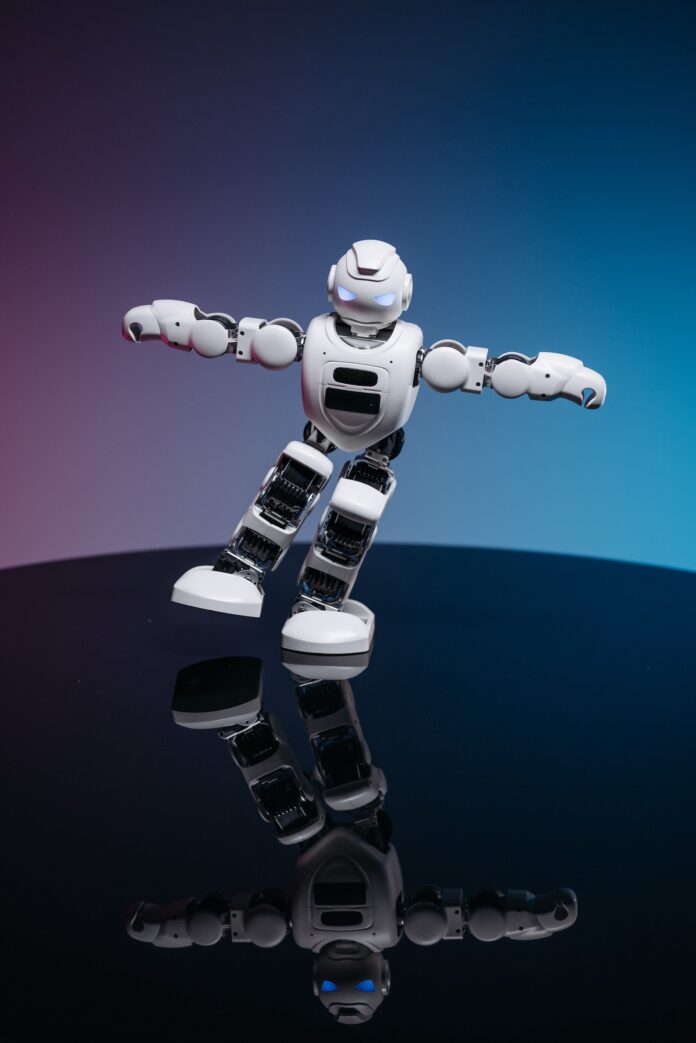Artificial intelligence (AI) has been transforming the world of work over the past decade, and this trend is set to continue in the coming years. Automation has already disrupted several industries, from manufacturing and retail to finance and healthcare. As AI technology continues to develop, it will bring significant changes to the way we work and do business.
One of the primary ways AI is transforming work is through automation. AI algorithms can be trained to perform a variety of tasks, from data entry and processing to customer service and sales. This automation can free up employees to focus on more complex and creative work, improving productivity and efficiency in the workplace.
For example, in the finance industry, AI-powered systems can automate tasks such as processing loans and insurance claims, freeing up employees to focus on tasks that require more human interaction, such as customer service or financial advising. In manufacturing, robots equipped with AI technology can perform repetitive tasks such as assembly-line work, while employees can focus on tasks that require creativity and problem-solving.
AI is also transforming the way we approach work. With the rise of remote work and the gig economy, AI-powered platforms are providing new opportunities for workers to find jobs and work on projects on a freelance or contract basis. This trend is set to continue, with more and more companies adopting flexible work arrangements and utilizing AI-powered platforms to find and manage talent.
However, the rise of automation and AI in the workplace also poses challenges. One of the primary concerns is job displacement. As AI algorithms become more sophisticated, they will be able to perform tasks that were previously done by humans, potentially leading to job losses in some industries. This shift will require a focus on reskilling and upskilling workers to ensure they have the skills needed to thrive in an AI-powered workplace.
Another challenge is the potential for bias in AI algorithms. If these algorithms are trained on biased data, they can perpetuate and even amplify biases in the workplace. To address this challenge, companies need to be proactive in ensuring their AI systems are designed and trained in an ethical and unbiased way.
Overall, the rise of AI and automation will bring significant changes to the way we work and do business. While there are challenges and concerns to be addressed, the potential benefits of these technologies are significant. By embracing the opportunities provided by AI and working to address the challenges it poses, we can build a future where technology and humans work together to create a better, more efficient, and more productive workplace.





